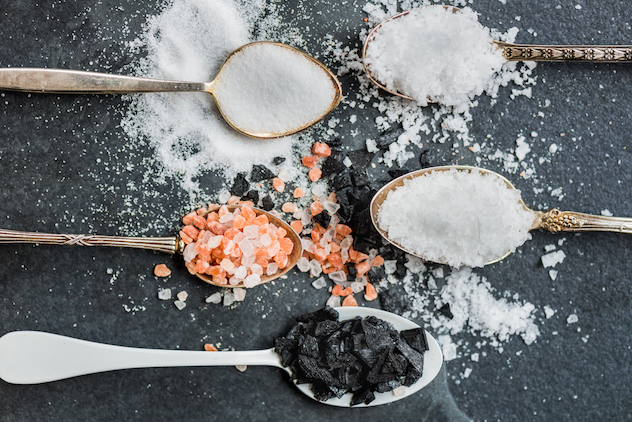A recent study found that for individuals that sodium consumption does not increase health risks except for those who eat more than five grams a day, the equivalent of 2.5 teaspoons of salt.
The good news is, fewer than five per cent of individuals in developed countries exceed that level.
The large, international study also shows that even for those extreme salt-lovers, there is good news. Any health risk of sodium intake is virtually eliminated if people improve their diet quality by adding fruits, vegetables, dairy foods, potatoes, and other potassium-rich foods.
The research was published in The Lancet, is by scientists of the Population Health Research Institute (PHRI) of McMaster University and Hamilton Health Sciences, along with their research colleagues from 21 countries. The study followed 94,000 people, aged 35 to 70, for an average of eight years in communities from 18 countries around the world, and found there an associated risk of cardiovascular disease and strokes only where the average intake is greater than five grams of sodium a day.
China is the only country in their study where 80 per cent of communities have a sodium intake of more than five grams a day. In the other countries, the majority of the communities had an average sodium consumption of 3 to 5 grams a day (equivalent to 1.5 to 2.5 teaspoons of salt).

“The World Health Organization recommends consumption of less than two grams of sodium – that’s one teaspoon of salt – a day as a preventative measure against cardiovascular disease, but there is little evidence in terms of improved health outcomes that individuals ever achieve at such a low level,” said Andrew Mente, first author of the study and a PHRI researcher.
“Only in the communities with the most sodium intake – those over five grams a day of sodium – which is mainly in China, did we find a direct link between sodium intake and major cardiovascular events like heart attack and stroke.
Mente added: “We found all major cardiovascular problems, including death, decreased in communities and countries where there is an increased consumption of potassium which is found in foods such as fruits, vegetables, dairy foods, potatoes and nuts and beans.”
“There is no convincing evidence that people with moderate or average sodium intake need to reduce their sodium intake for prevention of heart disease and stroke,” said O’Donnell.







